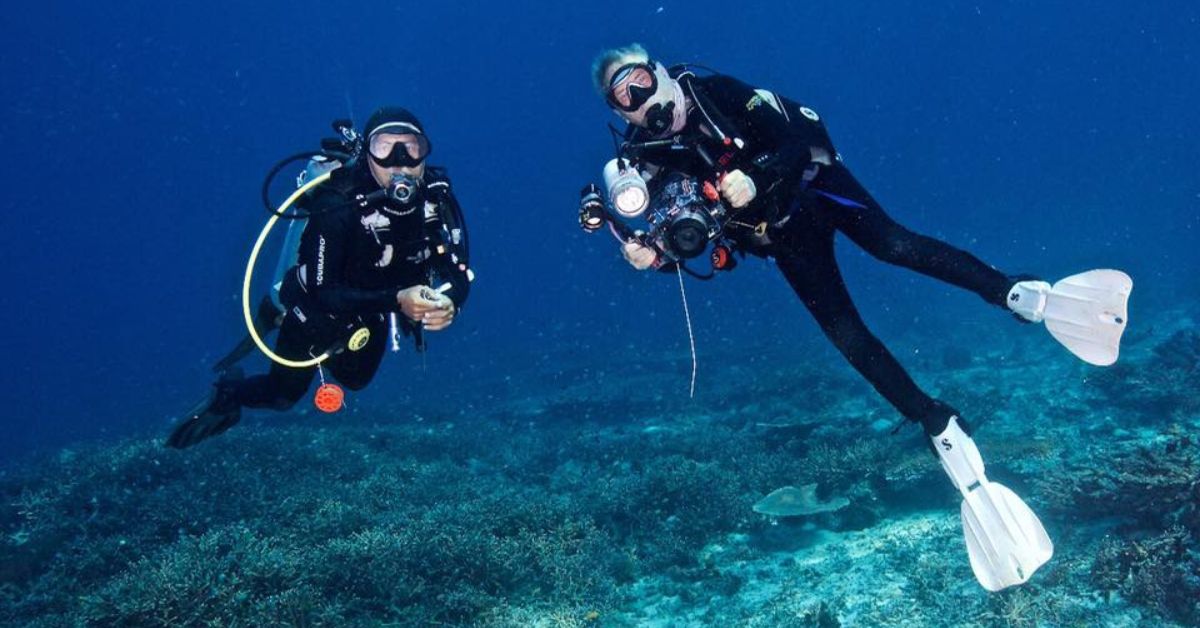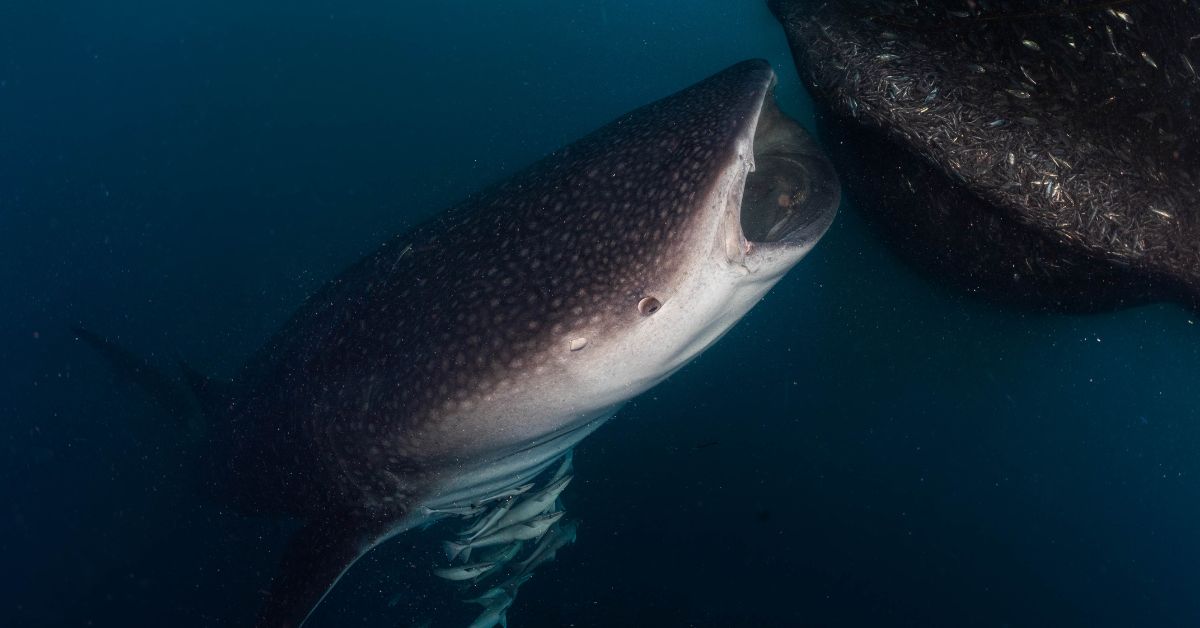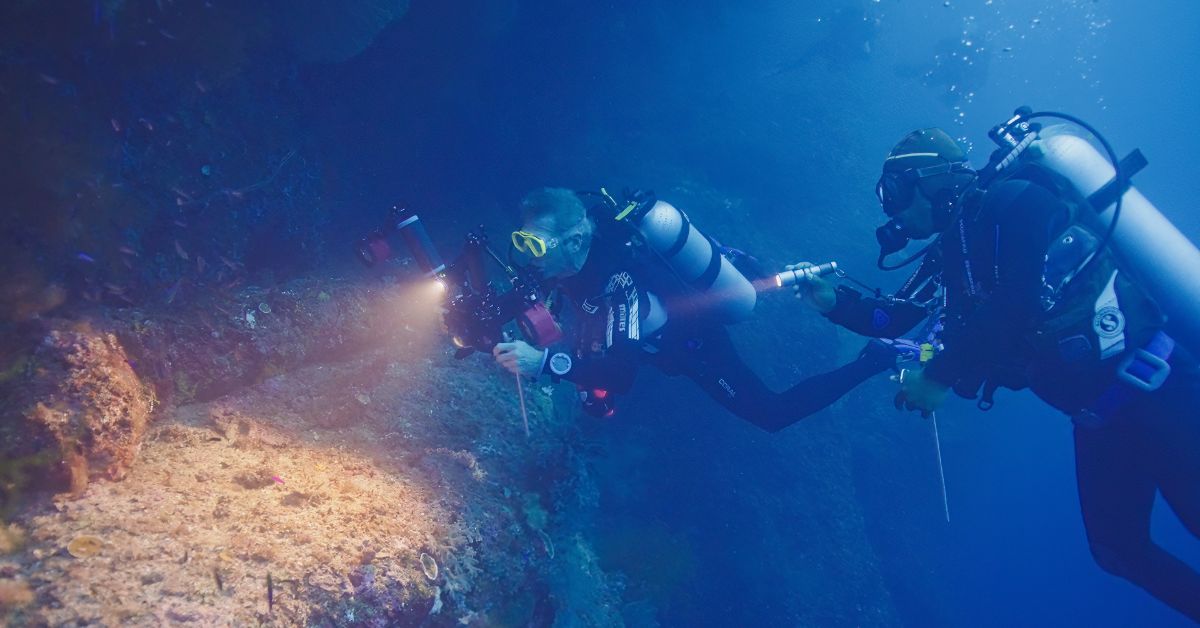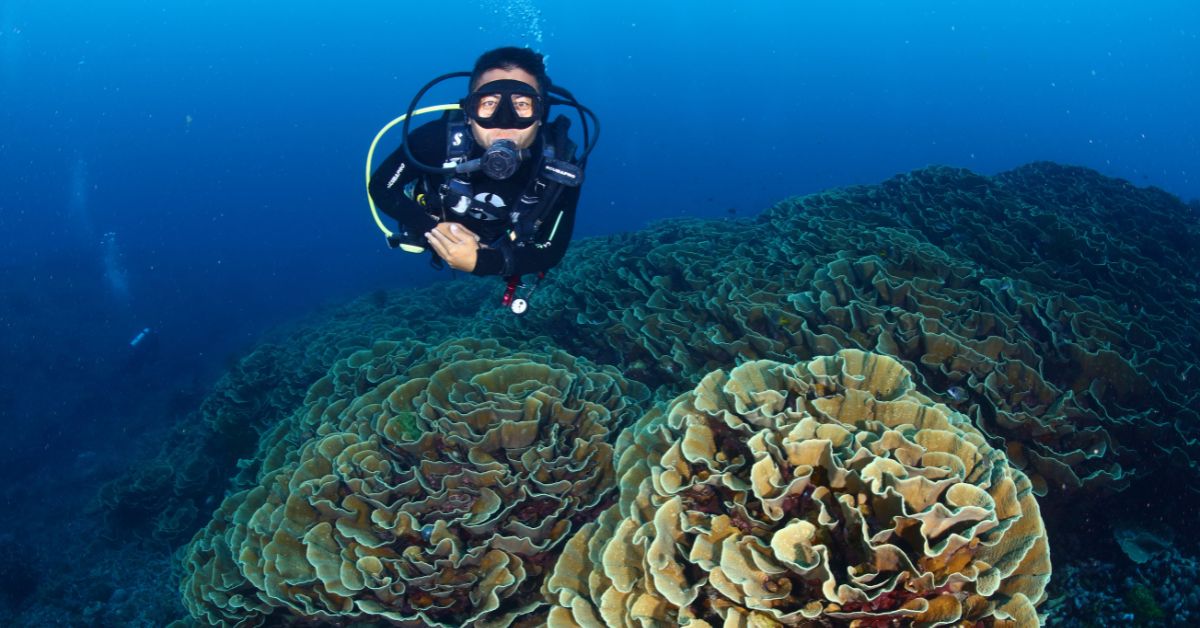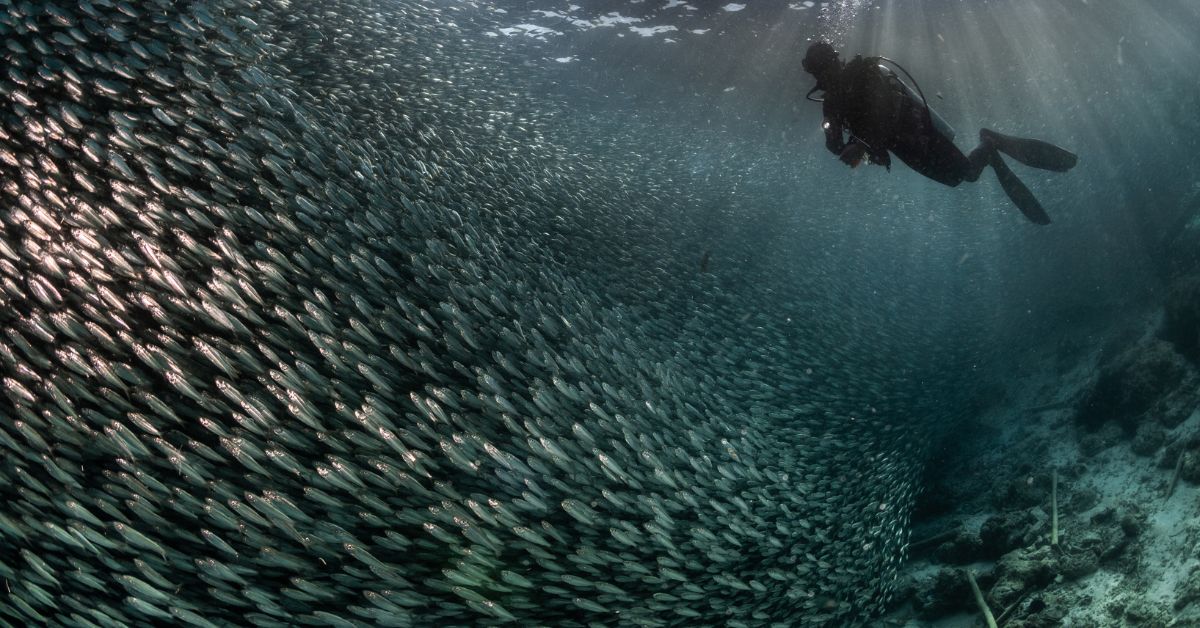Many of us are curious about the unknown depths of our oceans and seas. Water covers the vast majority of our planet, yet we have only explored a small percentage of it. While these mysteries captivate many of us, scuba divers take their curiosity further by exploring the depths for themselves. Uncover seven fascinating discoveries made by scuba divers.
Yonaguni Monument
The Yonaguni Monument lies submerged off the coast of Yonaguni, an island in Okinawa, Japan. In 1986, a diver uncovered this massive structure on the ocean floor. The Yonganuni comprises numerous large, flat stones arranged in a distinct formation. Some believe that this structure is man-made and dates back over 10,000 years, but others argue that it is a natural formation.
Lost City of Heracleion
The thought of ancient cities lost within the ocean’s depths has intrigued people for decades. Although we have yet to find the mythical city of Atlantis, in 2000, a diver and archeologist named Franck Goddio uncovered the Lost City of Heracleion. This ancient Egyptian city remained submerged in the Mediterranean Sea for over 1,200 years, and before Goddio’s discovery, most people believed the city was just a myth.
When finding Heracleion, Goddio also found statues, coins, and temples, which shed light on the city’s significance in ancient Egyptian culture. The ongoing underwater excavation of Heracleion continues to provide invaluable insights into the past.
Cenote Angelita
Scuba divers have also discovered underwater lakes and rivers, adding a new dimension to our understanding of aquatic environments. These unique formations occur when denser saltwater settles beneath less dense freshwater, creating distinct bodies of water.
Cenote Angelita in Mexico is a prime example of this phenomenon. This stunning underwater sinkhole offers a unique and eerie phenomenon. At a 25-meter diameter and depth of around 60 meters, divers encounter a layer of hydrogen sulfide that creates the illusion of a cloud or river within the cenote.
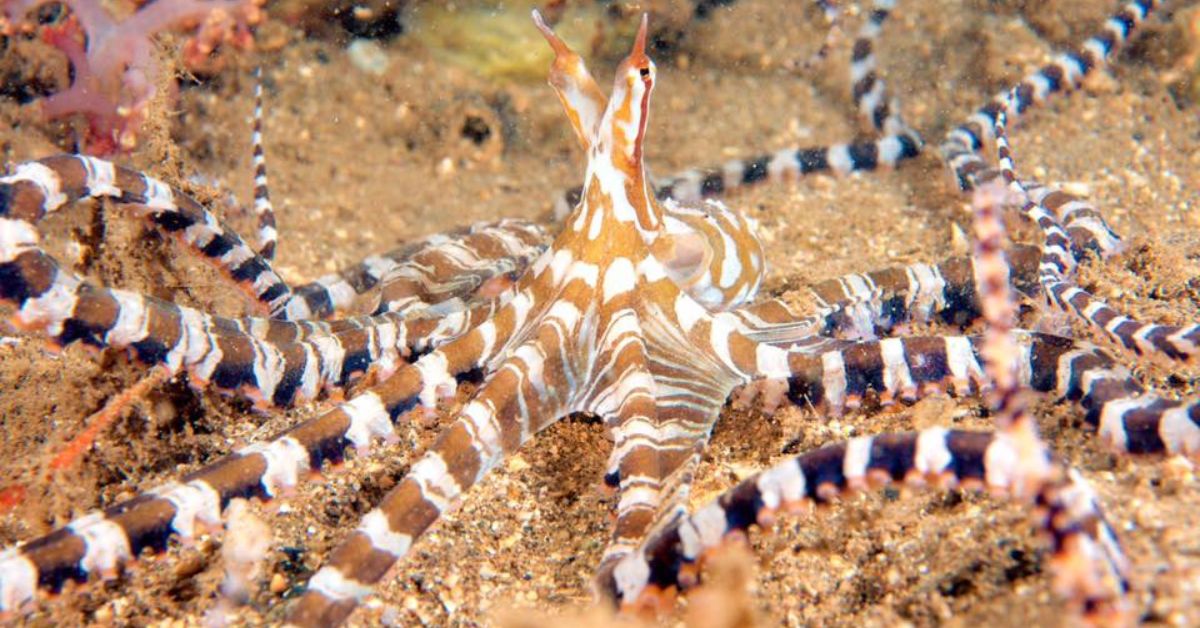
The Blue Hole in Belize
The Great Blue Hole in Belize is a giant marine sinkhole that has fascinated divers and scientists alike. This fascinating discovery made by scuba divers has a depth of over 400 feet and a diameter of 1,000 feet. Some scientists hypothesize that the Blue Hole formed during the last ice age when lower sea levels exposed it to air. As water levels rose, the sinkhole filled with water.
The Blue Hole’s crystal-clear waters reveal stunning stalactites and stalagmites and diverse marine life, including sharks and vibrant coral formations. This underwater marvel continues to attract adventurers and researchers from around the world.
Prehistoric Fossils and Stone Age Artifacts
As recently as 2024, a man scuba diving in Florida found a four foot long mastodon tusk that could be millions of years old. Other scuba divers around the world have found similar prehistoric fossils and Stone Age artifacts that have shed light on ancient life forms, hunting techniques, and civilizations. These discoveries have contributed to our understanding of human history and evolution.
Apollo 11’s Engine
In 2013, a team of divers successfully recovered the engines from NASA’s Apollo 11 mission, which had remained lost at the bottom of the Atlantic Ocean for over four decades. This incredible feat provided valuable information about space exploration and showcased the capabilities and determination of skilled scuba divers.
Marine Life Discovered By Scuba Divers
By venturing into the depths of the ocean, scuba divers have also discovered new species previously unknown to science. In 2015, a team of researchers diving in the Philippines found a new, worm-like creature around five feet long. Interestingly, while the creature looks similar to a worm, it belongs to a group of mollusks that also include clams.
Moreover, scuba diving allows us to discover marine animals such as blobfish and goblin sharks. These discoveries expand our knowledge of marine life as scientists continue learning more about Earth’s oceans.
The Beauty of Marine Eco-Systems
Raja Ampat, Indonesia, is home to one of the most biodiverse marine areas in the world. Scientists learn how fragile and complex marine ecosystems are by exploring here. This also pushes conservation efforts to protect these beautiful habitats.
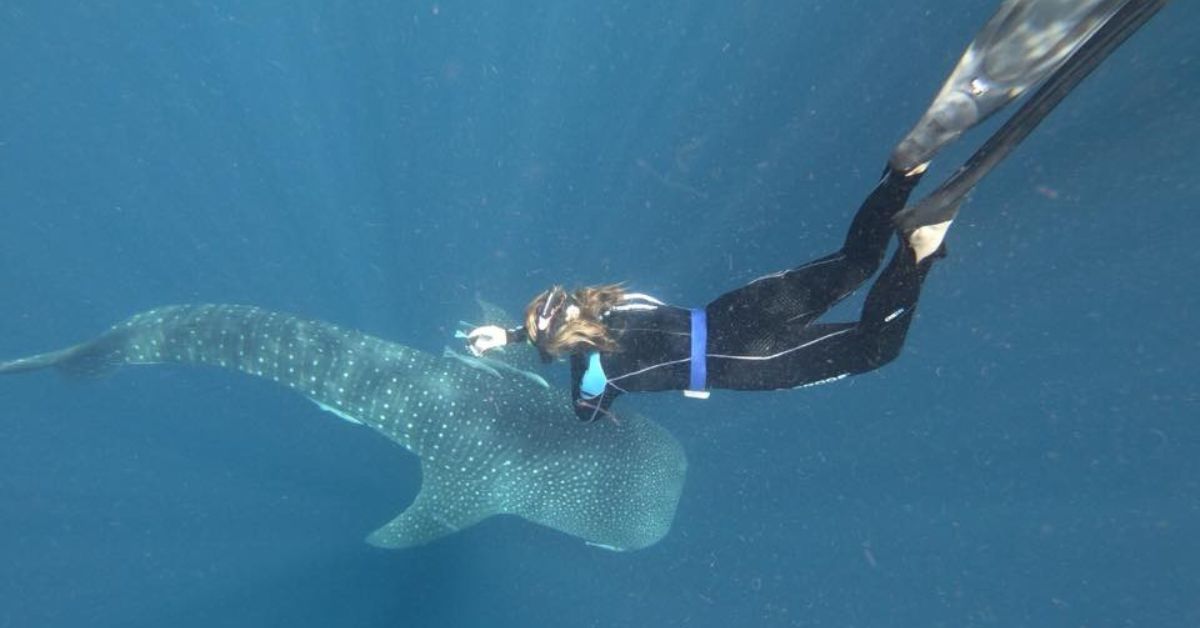
Tips for Planning Your Scuba Diving Trip
Scuba diving opens a whole new world beneath the waves, offering an unforgettable experience for adventurers. Proper planning is vital to ensure a safe and enjoyable trip. Tips for planning your diving trip include:
Choose the Right Dive Destination
Selecting the right destination can make or break your scuba diving trip. Indonesia, the Philippines, and the Great Barrier Reef in Australia are popular locations for diving enthusiasts as these areas offer diverse marine life, clear waters, and suitable diving conditions.
In regions like Indonesia, divers encounter vibrant coral reefs teeming with colorful fish, sea turtles, and other marine species. Likewise, there are numerous shipwrecks and other underwater sites to explore in the area.
Travel Tip
If you plan to go abroad for your scuba diving adventure, ensure you research the country’s customs and primary language(s). This will help you prepare for cultural differences and ensure you are respectful and mindful during your trip.
Take a Diving Buddy
Scuba diving is always more fun when you have someone to view underwater sites with. Likewise, having a diving buddy makes your underwater adventure safer. This person can assist you in case of an emergency or equipment malfunction, and they can also share the experience with you.
If you do not have a friend or family member who is a certified scuba diver, consider joining a group tour at the destination where you’ll dive.
Pack Your Gear
As you prepare for your trip, pack all of your diving gear, as some locations do not offer rental equipment. Your basic scuba diving gear should include a wetsuit, fins, mask, snorkel, and dive computer. If you plan on taking underwater photos or videos, pack your camera equipment as well.
Remember to also bring your dive certification card, as it may be required at some dive sites. You’ll also need DAN (Divers Alert Network) insurance or other diving insurance, which provides coverage for diving-related accidents and emergencies.
Book Your Trip
Dewi Nusantara offers luxury liveaboard diving experiences to guests. We’ll take you to the most beautiful locations in Indonesia, including Triton Bay, the Banda Sea, and Raja Ampat. Book a diving trip and encounter the beauty of Indonesia and its incredible underwater world.


